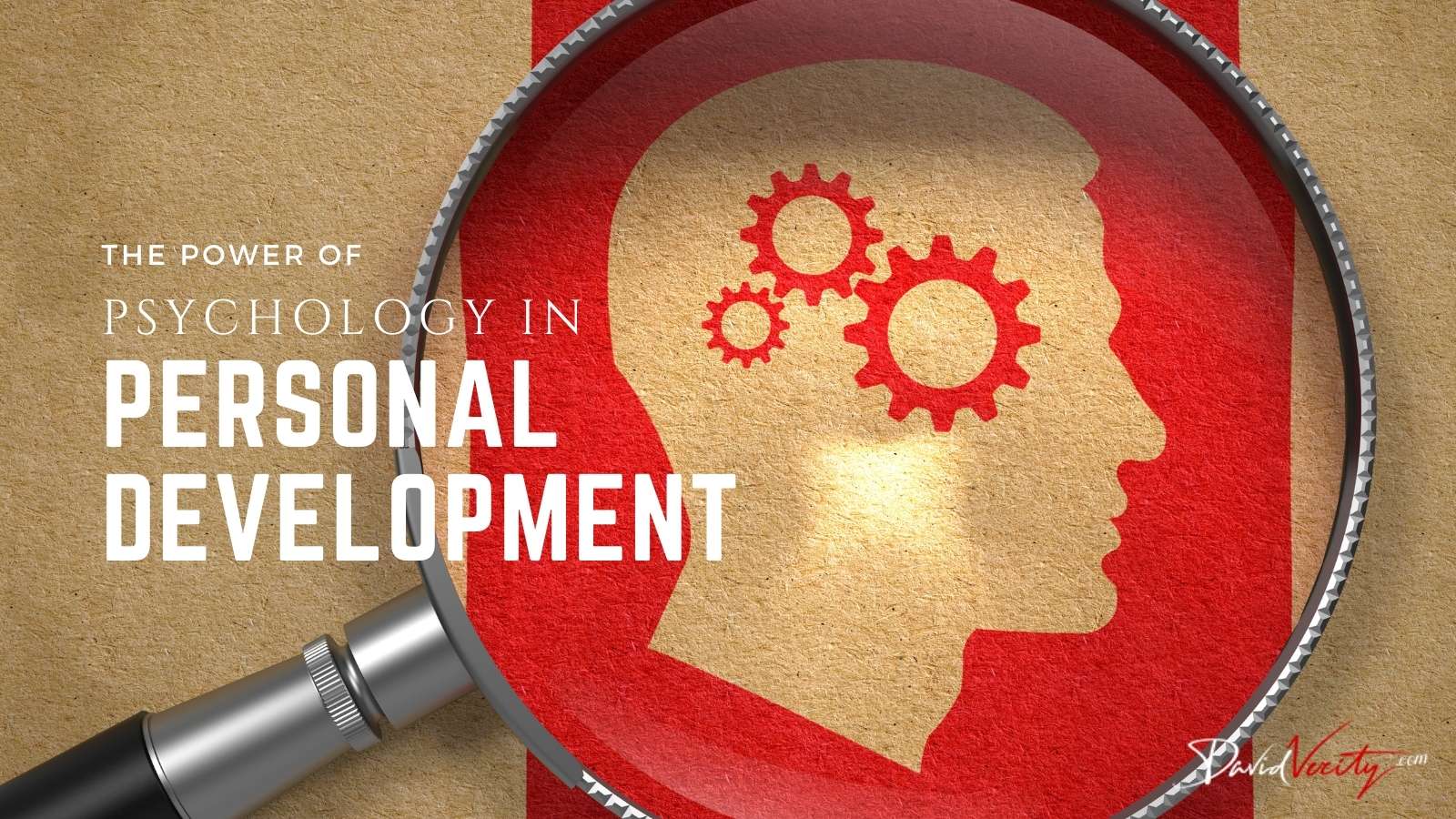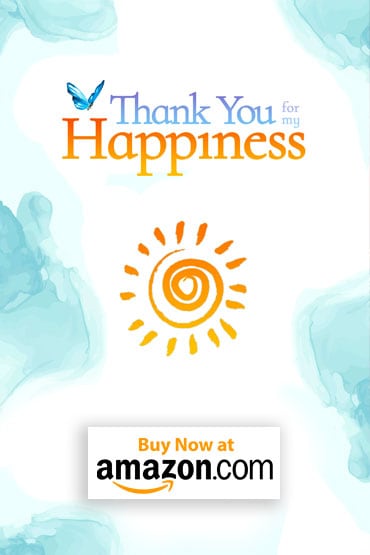
In his book Essentialism, Greg McKeown talks about the importance of eliminating certain things from your life, in order to make room for more important things. He describes the process below:
“Essentialism is not about how to get more things done; it’s about how to get the right things done. It doesn’t mean just doing less for the sake of less either. It is about making the wisest possible investment of your time and energy in order to operate at our highest point of contribution by doing only what is essential.” ― Greg McKeown, Essentialism: The Disciplined Pursuit of Less
One of the reasons essentialism is so powerful is because it basically deals with the power of learning how to focus. Self-help guru Tony Robbins talks about focus at great length, and it’s one of the ways he is able to help so many people affect change in their lives. By removing the things (or in Robbins’ case, the views,) that people have that are obstructing them, they can focus on the things (or thoughts) that are most beneficial.
“One reason so few of us achieve what we truly want is that we never direct our focus; we never concentrate our power. .” ― Tony Robbins
If it’s so important that learn to develop our focus, then the next logical question will become, “how will I know which things I should focus on?”
The answer, of course, as I describe in great detail in my future book, will be, as it always is, that – it depends.
The first question you have to ask yourself is – what are my goals?
You can’t know what to focus on if you don’t clearly have your goals plotted out before you.
In this series, I’m going to focus on the areas that I think are most important in terms of personal development. Having a stronger, healthier, happier self will always serve you well, regardless of your occupation or pursuits. The first is psychology.
Psychology has come a long way since the days of Sigmund Freud and Carl Jung. People are much less concerned with psychoanalysis as was the case with Freud, and seemingly less interested in the metaphysical, as was the case with Jung. But with as much stride as we have made in terms of our general understanding of psychology, many people still don’t seem to know much about their own minds, or the minds of others.
This concerns me. So let’s use a bit of deductive reasoning.
Think about it; we are a social species. We aren’t a species that was meant to live in isolation, and in fact, isolation is a legitimate form of torture for humans. Thriving in society is about knowing who you are and where and how you will fit in. It also involves interacting with other people, knowing who to avoid, and who to join forces with. Thriving in life is about knowing who is a good catch to date and eventually marry (if that’s your goal in dating,) and who is a distraction.
If we know that we are humans, and we know that humans are social creatures, and that thriving in society involves understanding ourselves and others, don’t you think a basic understanding of psychology is in order?
Every single one of these things involves and requires an understanding of psychology. Yet it’s not something that is taught much in school, aside from specialized University studies. We have cursory mentions of the heroes of psychology perhaps in the context of the sciences, but there’s no practical information, and so it becomes something we must take up ourselves.
(When it comes to focus and essentialism, the question becomes; how will we know when we have enough? How will we know when we have stripped our lives of too much and live too much of a basic life, versus having far too much, and complicated ourselves with endless options? The answer is that you can’t know – it is impossible to do so – without first determining what your goals are.)
Psychology And Personal Development
Psychology will help you to better understand yourself. This is obviously a hugely important task, but believe it or not, many people have no clue.
It never ceases to amaze me how few people really feel as though they have found themselves. Who they really are, what they represent, and what their purpose is. If you follow my blog you’ll know that even for me this wasn’t concrete and clear until the last couple years or so when I realized that I was working in the wrong industry for far too many years, because I was good at it. I stayed in my field because I was in probably the 1% of the world in terms of doing what I did in my field.
But proficiency and purpose are profoundly different.
My purpose was never to make music. My purpose was and always has been to use my success in the music industry to achieve a platform that I can use to affect change in the world. I wanted people to become awakened to their higher nature as human beings and stop living animalistic lives, pulled by emotions such as fear and desire. But somewhere along the way, I got caught up in the perfunctory; the actual process of building what I was building in order to get there. It is akin to saying, “I want to build a church to help people get closer to God,” but becoming so good at building you abandon your path as a religious teacher altogether because you build so well, big companies come knocking and you end up building and building without realizing your proficiency has gotten in the way.
The point here is that knowing yourself is key. You can only know yourself by asking yourself some very basic questions. Who am I? What is my purpose here? What can I contribute to the world? How can I become better, or someone who people will want to be around? How can I network better? What are my values in life? Understanding yourself, especially if you do so thoroughly, will be one of the most beneficial things you ever do in life.
The next step is understanding your mind. Why you think the way you do. Perhaps you are anxious. Have you ever stopped to ask yourself why you are anxious? Perhaps because you haven’t studied psychology you weren’t aware of the fact that personalities are not hard wired. We aren’t “born” with personality. Maybe you’ve heard it said that “people aren’t born salesmen.” They may have certain key traits, but the process is learned. So it is with all aspects of our personality. Being shy, being nervous, these are all learned behaviors. Studies show that with regard to anxiety, it is most often caused by some amount of trauma from childhood. Getting to know this is the first step to undoing that pain and trauma from your childhood so you can achieve your goals in the present.
From here, you begin to understand others. You begin to see signs (“red flags”) in people, for instance. You recognize the traits that are being displayed and you know, “hey this isn’t someone I want to be around.” You can only know this by assessing your own goals, however. In my upcoming book I talk about this in great length. Understanding what makes people successful enables you to seek out mentors who can help you. This is all psychology!
The Importance of Psychology In Leadership
I hope you understand now why psychology is something that is incredibly important to you in your pursuit of not only happiness, but also success in life, business, and in your your relationships with others in general. You may have heard it said that if you own a business, regardless of industry, you are in the people business. Knowing how to talk to others, why they act how they do when certain things are said, these will make you a better communicator, better at your job, and ultimately a better leader. And if you are a husband, you are a leader. If you are a mother, you are a leader. If you have a business, you are a leader. So many people can benefit from this amazing study, and it blow my mind that we don’t spend more time understanding it.
Not all things are going to benefit the general public. Calculus being one of them. But psychology – understanding behavior – is one that will absolutely, by the virtue of us being social creatures, always benefit us and our goals greatly. Whatever they might be.
Do you have any experiences with learning psychology you’d like to share with others? Have you learned something that was really invaluable or that changed your thinking dramatically? Please share with others below so we can all benefit by interacting and learning!

